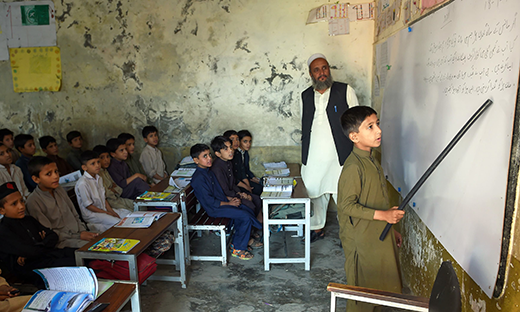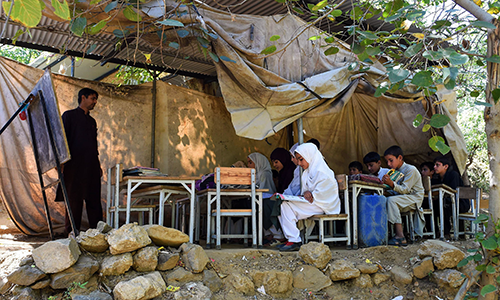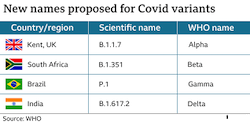Technology is fundamentally altering our lives, making it imperative for us to transform and align education with the skills necessary for employment. Building future-ready education systems involve a curriculum appropriate for the 21st century and the constant delivery of broadly accessible training that lays the groundwork for a lifetime of adapting and acquiring new skills. Specialized education should prioritize high-demand skills and bridge the gap between industry and talent pools.
Unfortunately, Pakistani educational institutions are still preparing students, if preparing at all, for the last century’s industrial needs.
Pakistani schools and colleges produce three types of graduates — primarily based on their parents’ economic status. Elite schools with “O” and “A” level education, private schools in the middle-class neighbourhoods and public schools, aka “peela school.”
Providing students with the resources they need while respecting their individuality is the essence of equality
If one of your kids is unwell, do you focus more on taking care of them? Do you treat your children equally when one is a rule-follower and the other is a free spirit? Most of us parents know that to provide for our children adequately, we can’t treat them all the same way all the time.
This is also true in academic settings. Every child walks into a public school with a unique set of requirements, as any educator will tell you. Some students have been through terrible things, some are just starting with the English language, and some may not read at grade level. Therefore, we must recognise that every one of our students has unique requirements for success and development. Although it may be challenging, the ultimate objective of educational fairness is to provide for each child as we would for our children.
Providing students with the resources they need while respecting their individuality is the essence of equality. It also involves maintaining a growth-oriented and results-oriented mindset. When children’s socioeconomic status is no longer a predictor of their future success, we will know that our equality efforts have been successful.

In the current situation, wealthy students enjoy a head start because of their families’ financial stability and have easier access to a more challenging curriculum, knowledgeable instructors, and individualised attention from tutors.
Equality exists when we affirm that all kids deserve the same educational opportunities regardless of socioeconomic status. It is challenging, if not impossible, to advance when one is so far behind that one cannot even see the playing field.
Policymakers and educators must commit to equity to ensure that all students can access the possibilities that education may open up for them. Equity efforts should concentrate on removing obstacles that prevent all kids from achieving their full potential. I am not suggesting that we lower “standards” or prioritize one set of students over another in the name of equality (affluent or underprivileged). Doing so only holds children back from reaching their full potential.
All the children can succeed when educational institutions and systems are committed to providing equal access to resources and producing outstanding outcomes for all students. Working with teachers around Pakistan, I have found that the vast majority fully support equality. However, many don’t realize how their implicit prejudices and actions stifle the progress of underprivileged students.
Many schools, for instance, assign the least seasoned educators to the most challenging positions, and then they scratch their heads when such works produce no results. Many schools concentrate too much emphasis on grades and fail to see that children learn best via trial and error; if we ignore such signs of learning, many students may graduate high school without the skills they’ll need in college or the workforce. Many current methods of schooling (such as monitoring, labelling, and excluding pupils as a form of discipline) do not benefit students and instead do nothing more than further spread existing inequalities. Our worldview is outdated, so we cannot utilize education to break the cycle of poverty by inspiring children to become lifelong learners.

Therefore, we must be ready to question: “are our current school organisational practices beneficial to our students?” If the numbers don’t add up, we must be open to introspective self-reflection and taking cues from teachers who have found success via other approaches.
Let’s be clear: being poor should not be a learning handicap. At the same time, as we can’t disregard student’s’ fundamental needs for food, shelter, and emotional support. We also can’t dismiss the fact that persistent success disparities often indicate that a child’s school isn’t doing its job.
You can be confident that a school will not progress if teachers consistently blame students or their families for low academic performance. Or if teachers presume the families, they serve do not place a high priority on education. Nothing will change unless they take ownership of the factors within their sphere of influence, namely, the state of their classrooms.
A paradigm change is required, one that makes the pursuit of excellence through fairness the primary goal of education in Pakistan.



